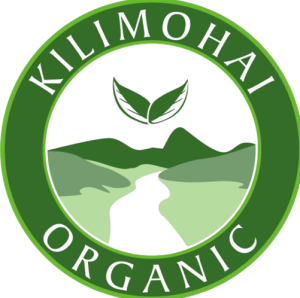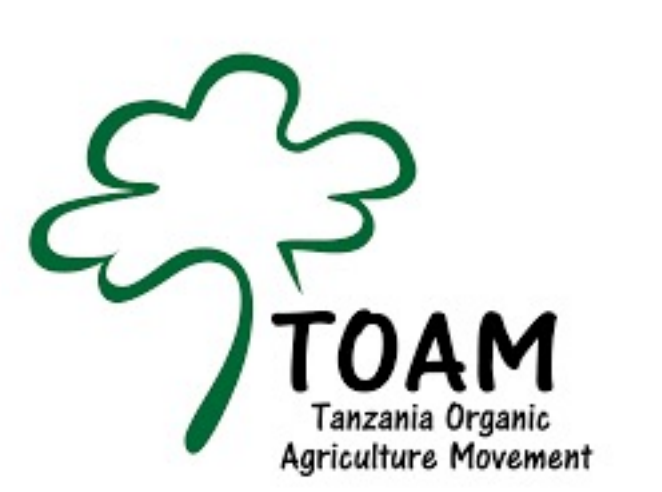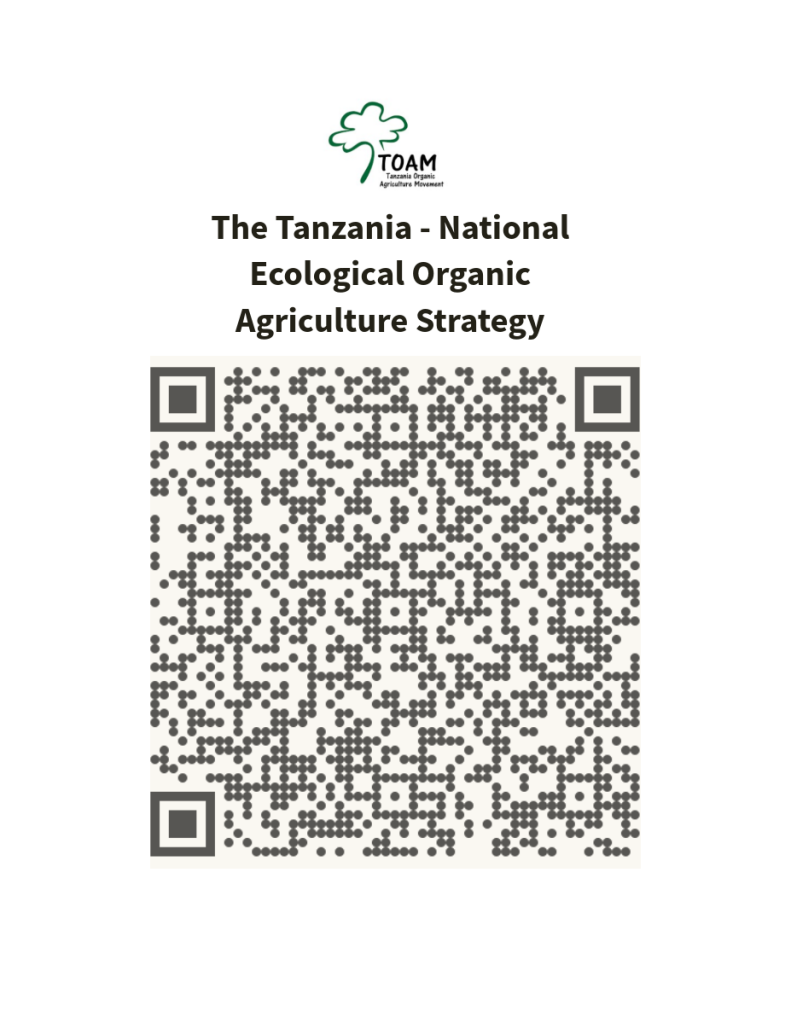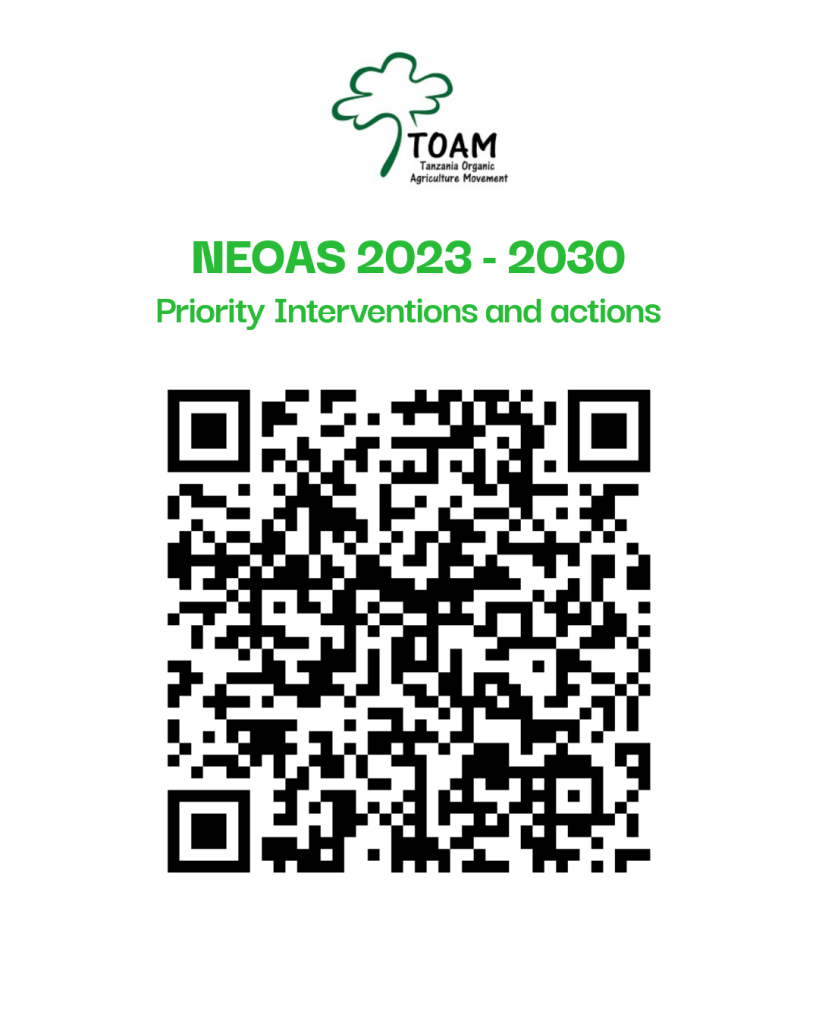Frequently Asked Questions
Here are common questions that consumers may have about Kilimohai Organic products, and it is important for farmers, producers, and retailers to provide clear and accurate information in order to address these concerns and help consumers make informed choices.
What is Organic Farming? Why should I care?
Organic strictly avoids using synthetic chemicals and genetically modified organism on the farm. Organic is a farming system that uses only fertilizers of organic origin such as compost manure, green manure, and bone meal and places emphasis on techniques such as crop rotation and companion planting.
Organic farmers aim to produce high-quality food, using methods that benefit our whole food system, from people to planet, plant health to animal welfare.
Organic can also be more specifically defined as a farming system that respects the biological relationships that exists in nature thereby fostering natural resource and environmental conservation and resulting in production of health food
What is organic certification?
Organic certification is the process whereby so-called operators—including farmers, processors, input suppliers, retailers—go through an inspection process to verify that they are following all the set guidelines in organic production/processing. The end product is a certificate which is a proof that the inspected stakeholders—e.g. farmers, processors, retailers—comply with the organic standards.
What are organic standards?
Organic standards are rulebooks that feature principles and practices that are agreed in organic farming and processing. The most common principles of organic farming are:
- No use of “synthetic” chemicals – yet, fertilizers or pesticides at their “natural origin” are allowed;
- No use of genetically modified organisms (GMOs);
- Recycle all organic waste; Crop rotation to improve soil regeneration;
- Pest control by biological agents;
- Extensive breeding with organic food and give priority to alternative medicines and preventions;
- Ensure animal welfare (soil surfaces must be habitable, there must be outdoor courses and grazing, prohibition of breeding above the ground);
- Respect for the environment and preservation of natural resources;
- Maintenance and development of biodiversity (cultivation and breeding of various species, maintaining or planting hedges).
Why are standards important?
- Organic standards define what is required to be considered as Organic. In East Africa, we follow the East African Organic Products Standard as the main reference standard.
- Organic production standards are important because they provide guidelines for farmers and producers to follow in order to produce food and other products in a sustainable and environmentally-friendly manner.
- Organic standards promote the use of natural methods and materials, and prohibit the use of synthetic chemicals and genetically modified organisms (GMOs).
- Organic standards ensure that the food and other organically produced products comply with the organic principles and practices, and are thus healthy and safe for consumers, and do not harm the environment.
- Organic standards directly and indirectly support local communities and economies, and promote biodiversity and sustainable agriculture practices. Organic standards ensure and foster transparency and accountability in the whole food production chain.
- Organic standards generate trust, such that consumers can be certain that products featuring the Kilimohai Organic mark are truly organic.
How do I know a product is organic certified?
Check to see the Kilimohai Organic Mark.
Are organic products healthier than non-organic products?
There is ongoing debate and scientific research regarding the health benefits of organic products compared to non-organic products. Some studies reveal that organic products have higher levels of certain nutrients, such as antioxidants, while others have found no significant differences in nutrient levels between organic and non-organic products.
In general, the main benefit of organic products is that they are produced without the use of synthetic chemicals and GMOs. This means that they are generally considered to be safer and more environmentally-friendly than non-organic products. However, the specific health benefits of organic products may vary depending on the individual product and the specific methods used in its production. For instance, many conventionally produced (i.e. non-organic) vegetable and fruits crops involve high levels of chemicals in their production!
Why are organic products more expensive than non-organic products?
Organic products are often more expensive than non-organic products because organic farming and production methods tend to be more labor-intensive and require more careful planning and management.
Organic certification means an extra cost. In addition, organic products are typically produced on a smaller scale than non-organic products, which increases the unit costs. In some cases, the higher price relates to the high demand for organic produce, when supply may be low due to seasonality. Gain margins from traders, processors, and retailers also add costs—although they are all important to ensure that consumers can access quality organic produce!
How can I tell if a product is truly organic?
In order to ensure that a product is truly organic, consumers can look for the Kilimohai Organic certification label on the product’s packaging. This label indicates that the product has been certified according to specific organic production standards, and provides assurance that it has been produced using natural methods and materials, without the use of synthetic chemicals and GMOs.
Can organic products help to protect the environment?
Indeed, organic products positively impact the environment in several ways. First, organic production methods prohibit the use of synthetic chemicals, such as pesticides and herbicides, which are harmful to the environment and to the human health.
By using natural methods, organic farmers and producers can help to protect soil and water , and support biodiversity. In addition, organic farming methods foster sustainable agriculture practices, such as crop rotation, cover cropping (especially with nitrogen-fixing legumes) and the use of compost, which helps improve soil health and fertility. Organic farming also stores more carbon in the soil, which lowers greenhouse gas emissions, while having a positive impact on local communities and economies.
Are organic products widely available in stores and markets?
Organic products are still a niche product and therefore not yet available in many stores and markets in Tanzania. Organic farming and production are still developing in the country, and there is limited availability of organic products –yet varying by season and geographical location. However, the demand for organic products is growing in Tanzania and more farmers and producers are adopting organic methods and seeking Kilimohai Organic Certification.
As a result, organic products are becoming more widely available in stores and markets, and consumers can often find organic fruits, vegetables, and other products at specialty stores and markets (e.g., I am Organic, Be Organic Shops, SAT), as well as at some larger supermarkets (Village and Shoppers Supermarket). In addition, consumers in Tanzania can also purchase organic products directly from farmers and producers at local markets, or online (e.g., Be Organic).




